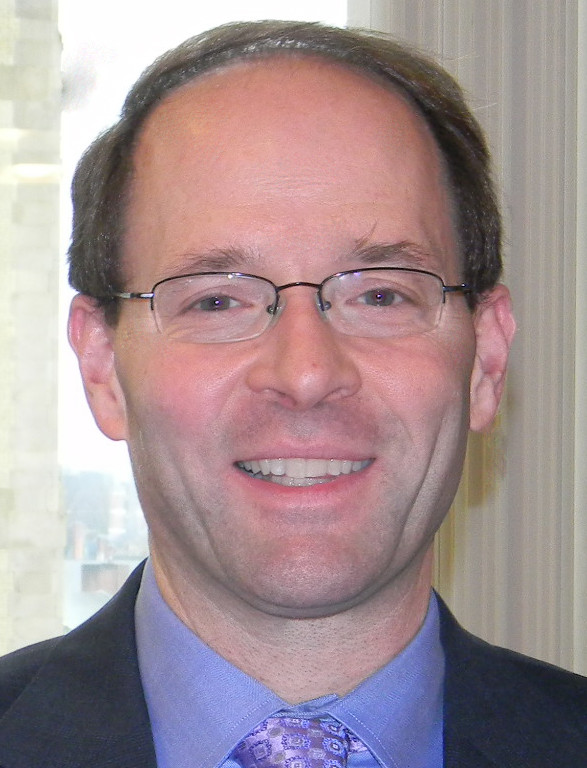
Jordan Arovas is senior vice president and manager of specialty banking at Webster Bank. His banking experience includes work with specialized industries, such as health care practices, law firms, nonprofits and property management firms. He works with clients across New England and New York to provide financial service solutions to help maximize client’s day-to-day operations.
Arovas has a bachelor’s degree in economics from the University of Connecticut and an MBA in finance from Sacred Heart University.
PBN: Webster Bank has been developing products for medical practices for some time. What are the changes coming up that have increased the bank’s focus on assisting medical professionals?
AROVAS: Perhaps the greatest change on the horizon is the upcoming transition to ICD-10 in October 2014. ICD-10 is a term for the 10th revision of the International Statistical Classification of Diseases from the World Health Organization. These are the billing and coding numbers used in medical practices that are seen on medical bills. This transition has the potential to cause cash flow delays for practices. Webster bankers are working with medical professionals now to provide them with financial services that can help them manage through the changeover.
Under the Patient Protection and Affordable Care Act, which has a compliance deadline of Jan. 1, 2014, health insurance plans and providers will see a shift from paper checks to electronic payments through automated clearing house payments. This will result in faster deposits to accelerate cash collection. Requirements will be established to link the payment to a remittance advice to easily track associated claim information.
Health care practices can benefit from cash management services with information reporting tools to track daily transaction activities, remote deposit capture to deposit checks directly in the client office, financial data interchange information for automated clearing house payments, fraud prevention and malware detection.
PBN: What’s been the response to the bank’s products for medical practices? Is there a trend, for instance, with small or larger practices? Or with some that have been established longer than others?
AROVAS: The response has been excellent. As a regional bank, Webster Bank serves a wide variety of medical practices with annual revenues at all ends of the spectrum. We receive many referrals from clients. In our travels, we do see a trend of consolidation among some practices to achieve economies of scale.
PBN: From your experience working with doctors, why are some medical practices slower than others in embracing the change to medical records?
AROVAS: Health care practices need to strike a balance between patient-centered care and maintaining a dynamic business that faces daily operational challenges. Embracing change can be difficult, especially when there’s a learning curve involving new technology and employee training. The practices that are most successful in this conversion are those that have one or more champions in the practice who are motivated to achieve this goal.
PBN: Your bank has been doing presentations on the required changes coming up. What are the consequences if a practice doesn’t convert to medical records by the designated time?
AROVAS: Webster Bank maintains affinity marketing relationships with members of several regional medical associations, including the Rhode Island Medical Society, and has provided educational opportunities to inform members on the latest industry updates from a financial perspective. Failure to adopt EMR/EHR systems or meet meaningful use deadlines will have a negative impact on Medicare revenues for the practice. Penalties will increase over time, as currently scheduled. The way we can help is by providing financing for the acquisition of electronic medical records systems, including hardware, software and associated training costs.
PBN: Is the bank taking an unusual role in relation to the conversion of electronic records? Isn’t it the government’s job to let the medical community know of the changes and assist them in getting it done in a timely fashion?
AROVAS: As a bank, Webster sees great value in helping our clients understand the challenges and opportunities associated with the changeover to electronic based system. The tools and training each practice needs to implement are very closely tied to their financial operations and ultimately, their financial health. We offer to help them succeed financially, so they can, in turn, focus on providing their patients with the best possible care.











